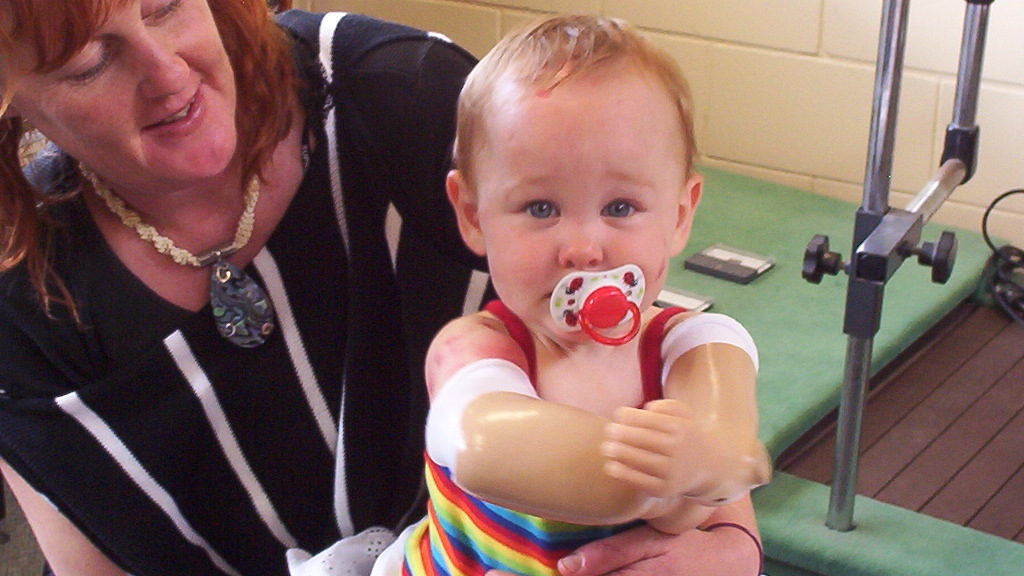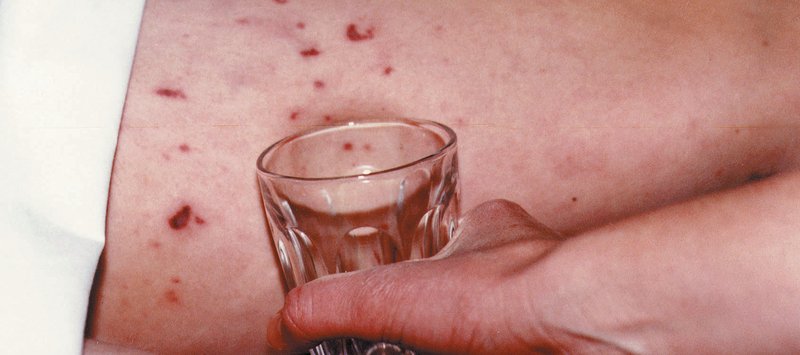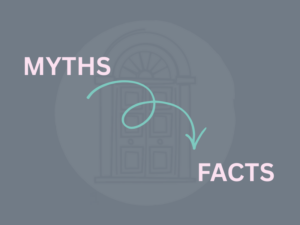Meningitis B Vaccination – Should My Child Have It?

Are you wondering whether it might be a good idea to have your child vaccinated against Meningitis B? There are several important factors to consider. We present these below to help you make the best choice for you and your family.
What is Meningitis B?
Meningitis B is the most common cause of bacterial meningitis in the British Isles. Meningococcal meningitis and septicaemia (blood poisoning) are the leading infectious cause of death in children aged under five years in the UK. The risk is highest for babies aged under one year, although people of every age are at risk of meningitis. The disease can also lead to some extremely serious and permanent disabilities and after-effects amongst children and adults including limb amputations, deafness, balance issues, sight problems, learning disabilities, behavioural difficulties, kidney damage and more.
About the Meningitis B Vaccination
The Walcote Practice in Winchester, Hampshire, is able to administer the Meningitis B vaccination (Bexsero) privately to both adults and children. For your reassurance, the Meningitis B vaccination is given personally by our experienced private GPs.
Bexsero is an inactivated vaccine (not a live vaccine). Results from medical trials show that the vaccine triggers a strong immune response in infants, toddlers and adolescents. Studies have predicted that the Meningitis B vaccination will cover approximately 88% of Meningitis B strains circulating in the UK and 78% of Meningitis B strains in Europe.
The Meningitis B vaccination has a good safety profile. As with all drugs, vaccines can cause side effects which may include soreness/redness/swelling/hardness of skin at the injection site, fever, lack of appetite, muscle aches, irritability, sleepiness and rashes.
More than one dose of the Meningitis B vaccination is needed for sufficient protection – the total number ranges from 2-4 doses and depends upon the age of the person being vaccinated.
Should I have my child vaccinated against Meningitis B?
Babies born on or after 1st July 2015 are now being vaccinated against Meningitis B as part of their routine NHS immunisation schedule, and those born between 01st May and 30th June 2015 will also be offered the Meningitis B vaccine by the NHS.
Older babies, children, teenagers and adults will not be offered this vaccine on the NHS, so the decision on whether to vaccinate often comes down to personal choice.
The current incidence of meningitis B amongst babies aged under one year is around 22 cases per 100,000, reducing to 5 cases per 100,000 in the one-to four year age group. The incidence of the disease amongst older age groups is substantially less except during the later teenage years where an increase in incidence does occur.
However, the fact is that Meningitis B is a deadly, disabling and devastating disease with such a rapid onset that it can sadly be very hard to detect and treat it time to prevent serious permanent disabilities and even death. Because of this, some parents may wish to have their child protected however small the risk of them contracting the disease.
If you wish to book a Meningitis B vaccination, or to hold a discussion regarding whether or not to receive the vaccine with one of our expert private GPs, please book an appointment on 01962 828715.
Signs & Symptoms of Meningitis & Septicaemia
Meningitis and septicaemia can take hold very fast and kill in hours, so it is very important to know the symptoms. These can be very non-specific to begin with, including fever, vomiting, malaise and lethargy. Don’t wait for the ‘classic’ signs of meningitis to develop before calling for help…if someone is very ill then get urgent medical help immediately – minutes can save lives, it’s a race against time.
Other symptoms may include a stiff neck, severe headache and a dislike of bright lights, but these are less common in young children.

Additional things to look out for include limb/joint/muscle pain, diarrhoea, cold hands and feet, shivering, pale or mottled skin, difficulty (or fast) breathing, rash (which may be still visible through a clear glass pushed against the skin during the tumbler test), being very vacant/sleepy/difficult to wake, confusion, being delirious, seizures (fits).
Babies may show other signs when they have meningitis or septicaemia such as:
- A tense or bulging soft spot on their head
- Refusing to feed
- Being irritable when picked up, with a high pitched or moaning cry
- A stiff body with jerky movements, sometimes arching of the back, or else floppy and lifeless
- Fever is often absent in babies less than three months of age
To find out more about meningitis, please visit the Meningitis Research Foundation website by clicking here.
To find out more about other private vaccinations available at The Walcote Practice, please click here.



